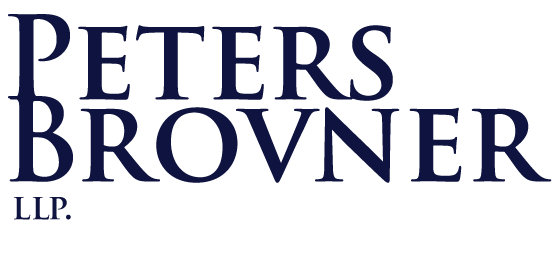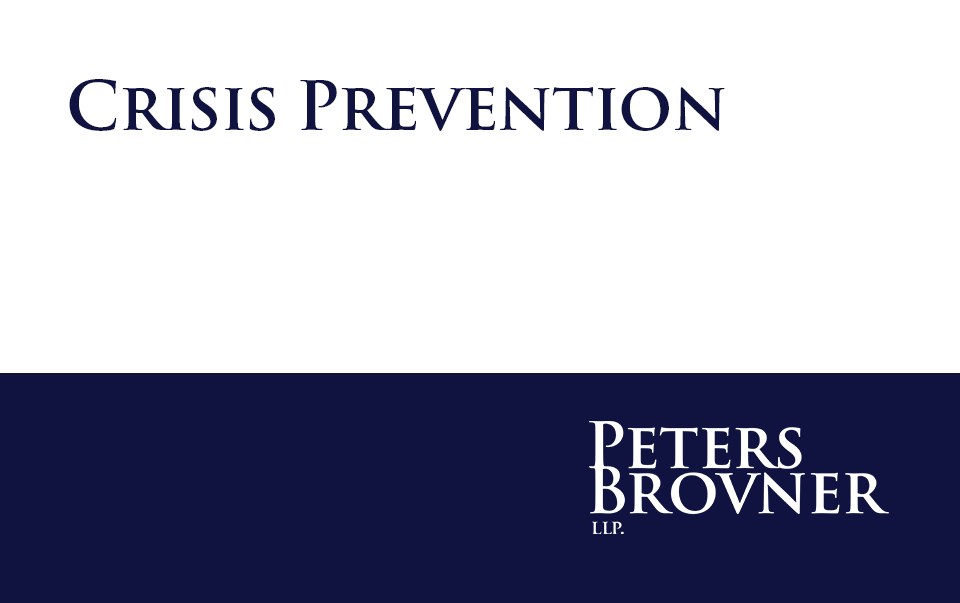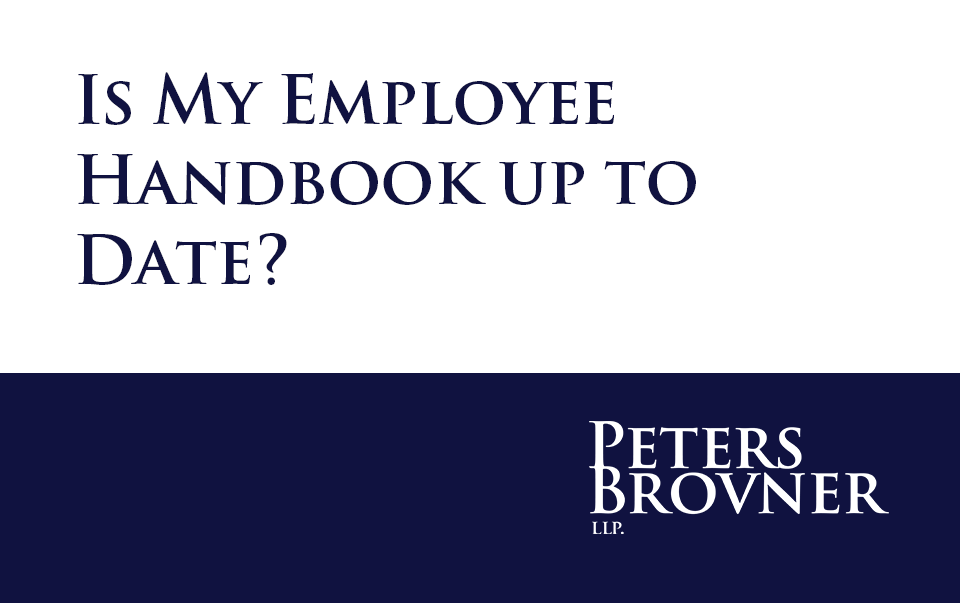Crisis Prevention
In today’s business environment the way in which companies prevent and manage both legal and reputational crisis has a profound effect on their ability to successfully move forward and concentrate on their underlying business. It is therefore imperative when faced with a potential or ongoing crisis to develop a robust crisis management plan. This involves gaining a full and complete understanding of the scope of the situation and developing a legal and communications strategy to move forward, repair the damage and prevent future problems of this sort.
Indeed, a company or nonprofit’s crisis management plan can impact that entity’s reputation and legal defenses almost as significantly as the underlying problem. Tackling the problem quickly, before it becomes public or results in a government inquiry or litigation can be key to containing the crisis.
Moreover, where an initial investigation determines that there is some underlying liability, proactively taking steps to cure the problem – and putting in place procedures to prevent it in the future – can be a key to a successful resolution.
Finally, working with a team that understands not only how to manage legal exposure, but also how to manage crisis communications is essential both to keep the situation out of the media where possible and to manage the messaging where it is not.
Contact Peters Brovner Today
The crisis prevention and management attorneys at the law offices of Peters Brovner help individuals and organizations manage challenging high-profile legal and reputational issues. The firm works to ensure that the legal and reputational strategies are in sync.
If you or someone you know needs legal advice, please contact the lawyers at Peters Brovner LLP for a consultation.
ph: 917-639-3270
email: info@petersbrovner.com
What Is Crisis Prevention?
Crisis Prevention – as opposed to Crisis Management – involves proactive steps to prevent a crisis in the first place. There are numerous types of crises where you may need Crisis Prevention. These include:
- Where the government begins an industry wide investigation (or begins investigating entities in your area) it may make sense to take various steps to prevent a crisis including doing an internal investigation to see if your entity (1) has proper procedures and protocols in place and (2) whether those procedures and protocols are being followed.
- Where someone in your organization has engaged in misconduct – including sexual harassment or financial wrongdoing – you should immediately take steps to determine the scope of the problem and the discipline that is required.
- There has been a legal breach in the company that has resulted in law enforcement activity as well as press coverage – for example someone in your company has been arrested for illegal conduct – you should immediately begin an internal investigation and take appropriate steps including, where warranted, cooperation with law enforcement.
Crisis prevention involves the intersection of law and communications. In all of the situations above, you need to not only identify and manage your legal liability but also manage your entity’s reputation with the outside world.
How You Can Prevent a Potential Crisis
When government regulators or private civil litigants accuse an individual or entity of misconduct, it can be necessary to not only devise a legal strategy for defending the individual/entity in court, but also a public relations strategy and communications plan to protect that individual/entity’s reputation more generally. The crisis management lawyers at Peters Brovner have decades of experience not only in tough litigation but also in dealing with the media and public opinion more generally. As such, the firm devises strategies that not only protect a client’s legal interests but also protect the client’s reputational interests as well.
Why Compliance Matters
Once an organization has identified any relevant weaknesses it is important to develop an ongoing compliance plan. Compliance plans ensure that organizations are in compliance with necessary rules, regulations, policies, laws, and standards. A compliance plan should do the following:
- Outline a set of guidelines and best practices that ensure a company’s employees are following all relevant laws and regulations.
- Create a training program on those guidelines.
- Create a system of ongoing monitoring to ensure the guidelines are followed.
- Provide for optimal communication between employees and those who oversee the program.
- Create a clear corrective action plan for if the compliance program is breached.
A compliance plan will help ensure that an organization is in compliance with all relevant laws, rules and regulations and following best practices. A robust and well monitored compliance plan can help a corporation or nonprofit effectively deal with wide ranging investigations and prosecutions, help a corporation save money and protect the company’s brand from scandal and lawsuits.
Communication & Policy Advice
In a corporate crisis, it can often feel as though events are moving too fast and getting out of control. Decisions made in haste and under pressure can affect both an entity’s legal position and reputation. This means that you need both comprehensive strategic communications that helps to manage the media if there is any, inform employees of any developments before they hear about it from third parties and maintaining good will from stakeholders. At the same time, all of this must be accomplished keeping legal risk and obligations in mind – making sure that the communications strategy does not create legal pitfalls that will haunt an entity down the line. Furthermore, the crisis itself may require legal solutions (a change in policies, negotiation with the government etc.) that must be handled simultaneously. This is why it is important to have a legal team with experience dealing with crisis communications so that the two can be successfully managed for the best result. At Peters Brovner, we have many years of experience overseeing crisis management and communications teams in this way while handling your legal issues.
Blog Posts
and Media


